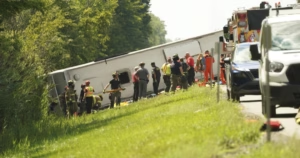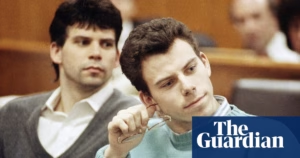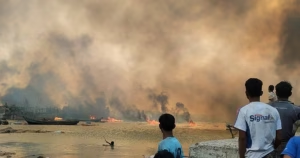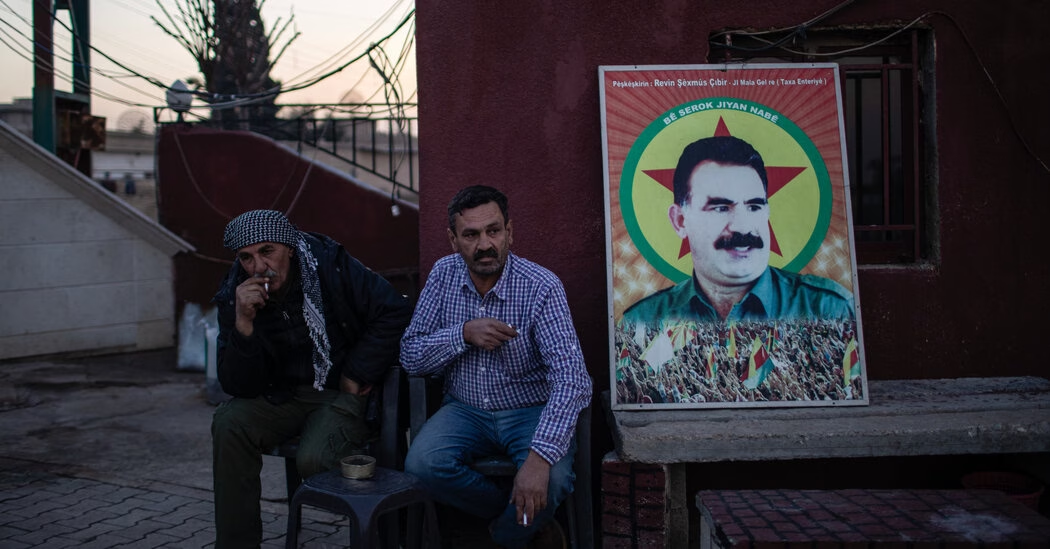Abdullah Ocalan, the jailed leader of a prolonged Kurdish rebellion against Turkey, has called for his fighters to cease operations and disband their ranks.
His statement has kindled hopes that the more than four-decade-long conflict, which has claimed over 40,000 lives, might finally be concluding.
The Profile of Abdullah Ocalan
Ocalan is the founding figure of the Kurdistan Workers’ Party, or P.K.K., which has engaged in a protracted struggle against Turkey. He has been incarcerated in a Turkish prison for a quarter-century.
The group initially sought an independent state for Turkey’s Kurdish populace, evolving to advocate for greater rights for Kurds within Turkey. Turkey, along with the United States and other nations, classify Ocalan as a terrorist and the P.K.K. as a terrorist group due to their attacks on Turkish security forces and civilians.
Turkish Kurds perceive Mr. Ocalan as a powerful symbol representing their fight for rights. Despite his incarceration since his 1999 conviction for leading an armed group, he holds considerable sway over the P.K.K. and its militia extensions in Syria, Iraq, and Iran.
Credit…Ramzi Haidar/Agence France-Presse — Getty Images
Ocalan established the P.K.K. in the late 1970s with a group of fellow dissidents and for years led the organization from neighboring Syria, staging attacks in southeastern Turkey and other major Turkish cities.
In 1998, Syria expelled him, leading to a quest for asylum in Greece, Italy, and Russia. However, Turkish intelligence, with CIA assistance, apprehended him aboard a plane at an airport in Nairobi, Kenya, on February 15, 1999.
Following his capture in 1999, Turkey sentenced him to death, a sentence later commuted to life in prison as Turkey sought to join the EU and abolished the death penalty.
Ocalan’s Vision
Initially, the P.K.K. aimed to establish an autonomous Kurdish state, and Ocalan argued that arms were necessary to progress these ends.
“It is not in our favour to use violence to solve problems,” he stated in a 1988 interview with Turkish journalists. Still, he saw it as a necessity “to prevent the total annihilation of our national identity.”
After his capture, Ocalan became incarcerated on Imrali Island in the Sea of Marmara, where his views evolved. He shifted from advocating an independent state to proposing “democratic confederalism,” a concept promoting local, ecological, and gender-equal democracy. He also posited that Kurds could achieve their rights through democratic means in Turkey.
His ideology was heavily influenced by American political philosopher Murray Bookchin, with whom Ocalan maintained a correspondence through his lawyers until Bookchin’s demise in 2006.
Turkey’s Perspective on Ocalan
For many Turks, Ocalan remains the nation’s most reviled terrorist, faulted for orchestrating lethal attacks and spearheading an insurgency that has cost over 40,000 lives over decades. He is often referred to in Turkish political discourse and media as a “baby killer” or the “head terrorist.”
Ocalan’s solitary confinement on Imrali Island was criticized by human rights organizations. Efforts to allow him visits, including occasional meetings with other inmates, have been contentious points in his imprisonment.
As of recent years, Ocalan and the island’s other inmates were prevented from receiving any visitors or making phone calls to family and friends.
In October, a prominent political ally of President Recep Tayyip Erdogan publicly implored Ocalan to instruct his adherents to disarm and conclude the conflict. This led to limited consessions enabling relatives and political allies to visit Ocalan in pursuit of a new peace dialogue with Turkey and the P.K.K.
Source: https://www.nytimes.com/2025/02/28/world/middleeast/pkk-leader-abdullah-ocalan.html






